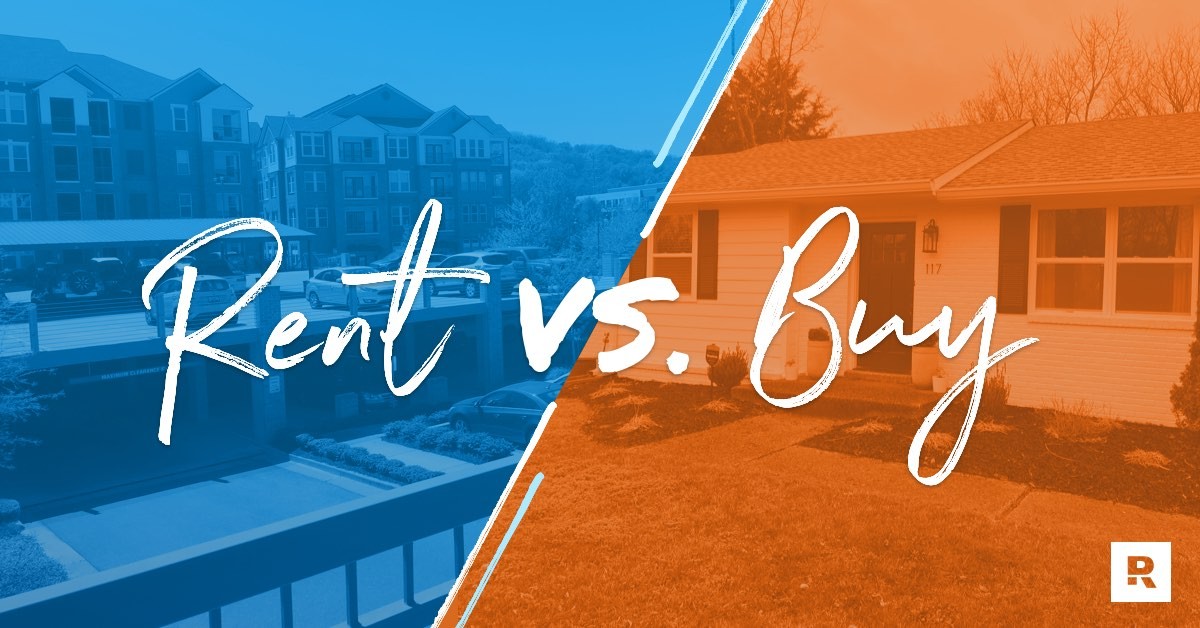Buying vs. Renting Homes: Navigating Your Financial Readiness and the Role of a Licensed Broker

Buying vs. Renting Homes: Navigating Your Financial Readiness and the Role of a Licensed Broker
In the quest for a place to call home, the age-old debate between buying and renting continues. Both options have merits and demerits, and the choice largely depends on one's financial readiness, capacity, and cash flow. Understanding these factors and seeking professional guidance from a licensed broker can significantly streamline the decision-making process.
Financial Readiness:
Financial readiness is the bedrock of your home-ownership journey. It’s not just about having enough for a down payment; it’s also about being prepared for the ongoing financial responsibilities of home ownership, such as mortgage payments, property taxes, maintenance costs, and insurance. Before taking the plunge into buying a home, it’s crucial to evaluate your financial stability, creditworthiness, and the stability of your income sources. Unlike renting, where financial commitment is generally limited to monthly rent and utility bills, buying a home requires a long-term financial commitment that should not be taken lightly.
Capacity:
Capacity refers to your ability to handle the financial obligations of owning or renting a home without putting undue stress on your budget. For potential buyers, lenders will assess your debt-to-income ratio to determine your capacity to manage monthly mortgage payments. For renters, landlords typically require that your monthly income be at least three times the monthly rent. It’s important to consider future financial goals and obligations when evaluating your capacity. Overextending yourself with a mortgage that consumes a significant portion of your income might impede your ability to save for other purposes or handle unexpected expenses.
Cash Flow:
Cash flow is the net amount transferred into and out of your pocket. When you own a home, your cash flow is impacted by mortgage payments, property taxes, maintenance costs, and potential home value appreciation. Renting, on the other hand, usually involves a fixed monthly payment and possibly renter's insurance, providing a more predictable cash flow scenario. However, renters don’t benefit from home equity growth over time. Evaluating your current and projected cash flow is essential in determining whether buying or renting aligns better with your financial situation and goals.
The Role of a Licensed Broker:
Navigating the complexities of the real estate market can be daunting. This is where the expertise of a licensed broker becomes invaluable. A licensed broker like Samuel O Lao and Associates can provide professional advice tailored to your financial situation. They can help assess your financial readiness, capacity, and cash flow to decide between buying and renting. Brokers have a wealth of knowledge about market trends, financing options, and legalities in real estate transactions. They act as mediators, negotiators, and advisors, ensuring you make a decision that aligns with your financial health and lifestyle preferences.
In conclusion, buying and renting a home hinges on an honest assessment of your financial readiness, capacity, and cash flow. It is a decision that should be made with due diligence and professional guidance. For those thinking about this significant life choice, please contact Samuel O Lao and Associates at 09173236123 for expert advice and a smooth navigating through the complex world of real estate.
#buyingahome #rentingvsbuying #renting #forsalebyowner #ForSaleProperties #cashflow
Tags: buying renting a house buying a house cash flow for sale by owner










